The sticker collection turning football into art
As the 2018 World Cup draws near, the Swiss sticker collection that presents each player as an individual work of art is back for its sixth edition.
The Swiss appear as minimalist Microsoft Paint-style sketches; the Spaniards, with flowing ruffs and wide-brimmed hats, look like characters taken straight from Cervantes’ Don Quixote; the Mexicans are Aztec warriors with face-paint and battle-ready eyes.
The sixth edition of the “Tschutti Heftli” sticker collection, first published in 2008 for the European football championships co-hosted by Switzerland, is back to present 522 of the players involved in this year’s World Cup in an array of different styles.
Each of the 32 teams is presented in a unique manner, a different artist having been chosen by an international jury to caricaturise each country. The aesthetic intent, as well as the minimal statistical detail appearing on each sticker, marks it out as different from the more commercially widespread Panini collection.
“This is not simply a collection of profiles, but of works of art,” says Silvan Glanzmann, president of the Swiss-made Tschutti HeftliExternal link (website in German), a name that comes from the Swiss-German for “playing football” and “notebook”.
The stickers are available online and at over 60 stores in Switzerland. A pack of ten random cards costs CHF1.50 ($1.52).
Humanitarian goal
In the ten years since its first creation, the sticker album has gone from strength to strength. Though it doesn’t yet rival the widespread Panini trading sticker brand, it has attracted fans in Switzerland, Germany, Austria and England. This summer it has printed over 7.5 million stickers that can be placed in the 84-page album.
Aside from combining a passion for football and a love of art, the Tschutti Heftli also has a philanthropic goal: for each packet of stickers sold, CHF0.10 will be donated to children’s rights organisation Terre des Hommes SwitzerlandExternal link.
“Thanks to this collaboration [with Terre des Hommes], which began in 2014, we have had the chance to raise people’s awareness about the ethical questions associated with football,” says Glanzmann.
“During the Brazil World Cup [in 2014], we highlighted the problems that such mega-sporting events can cause for local populations. This time, for the World Cup in Russia, we have rather focused our attention on respect for human rights.”
Adapted from French by Domhnall O’Sullivan, swissinfo.ch
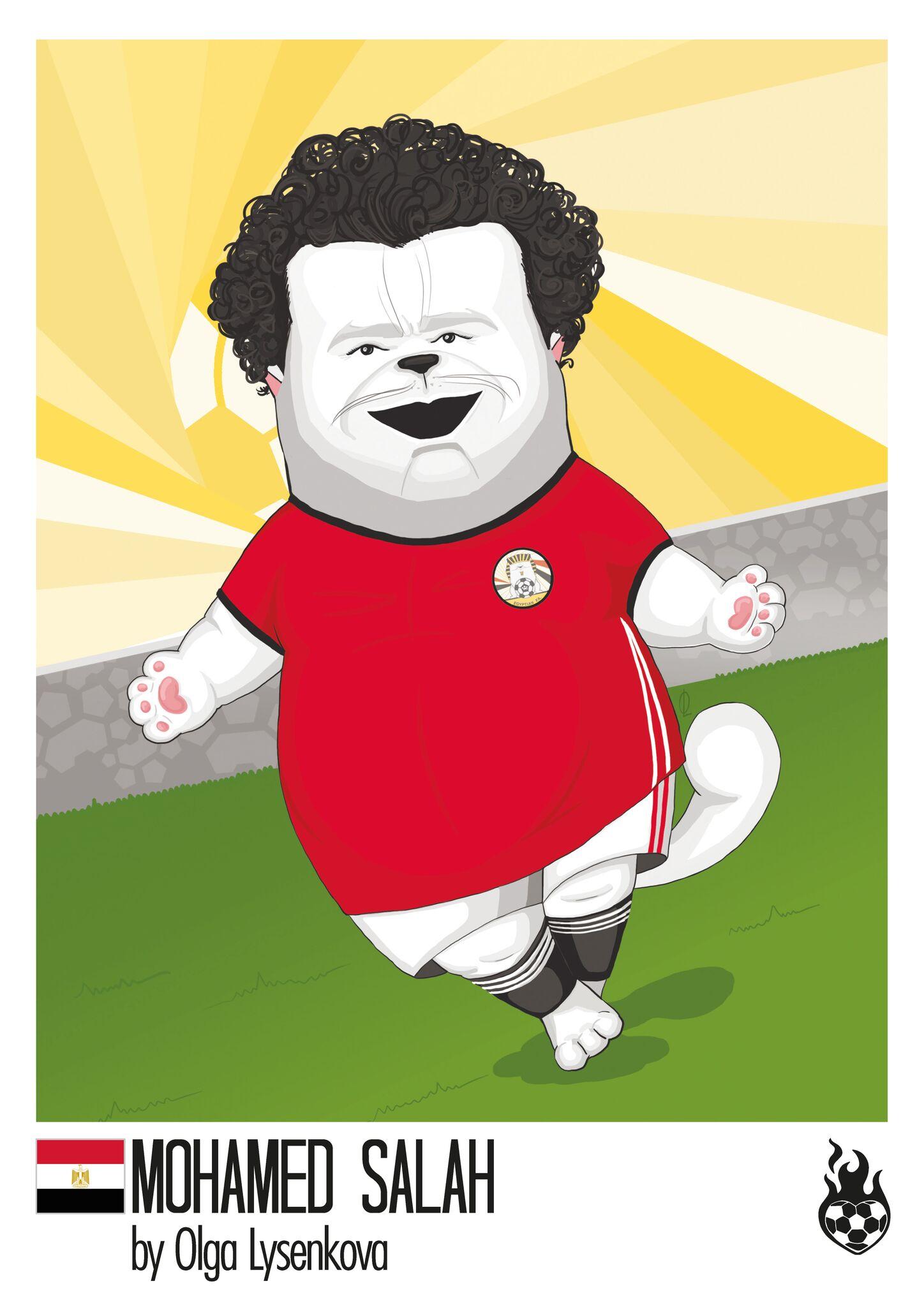
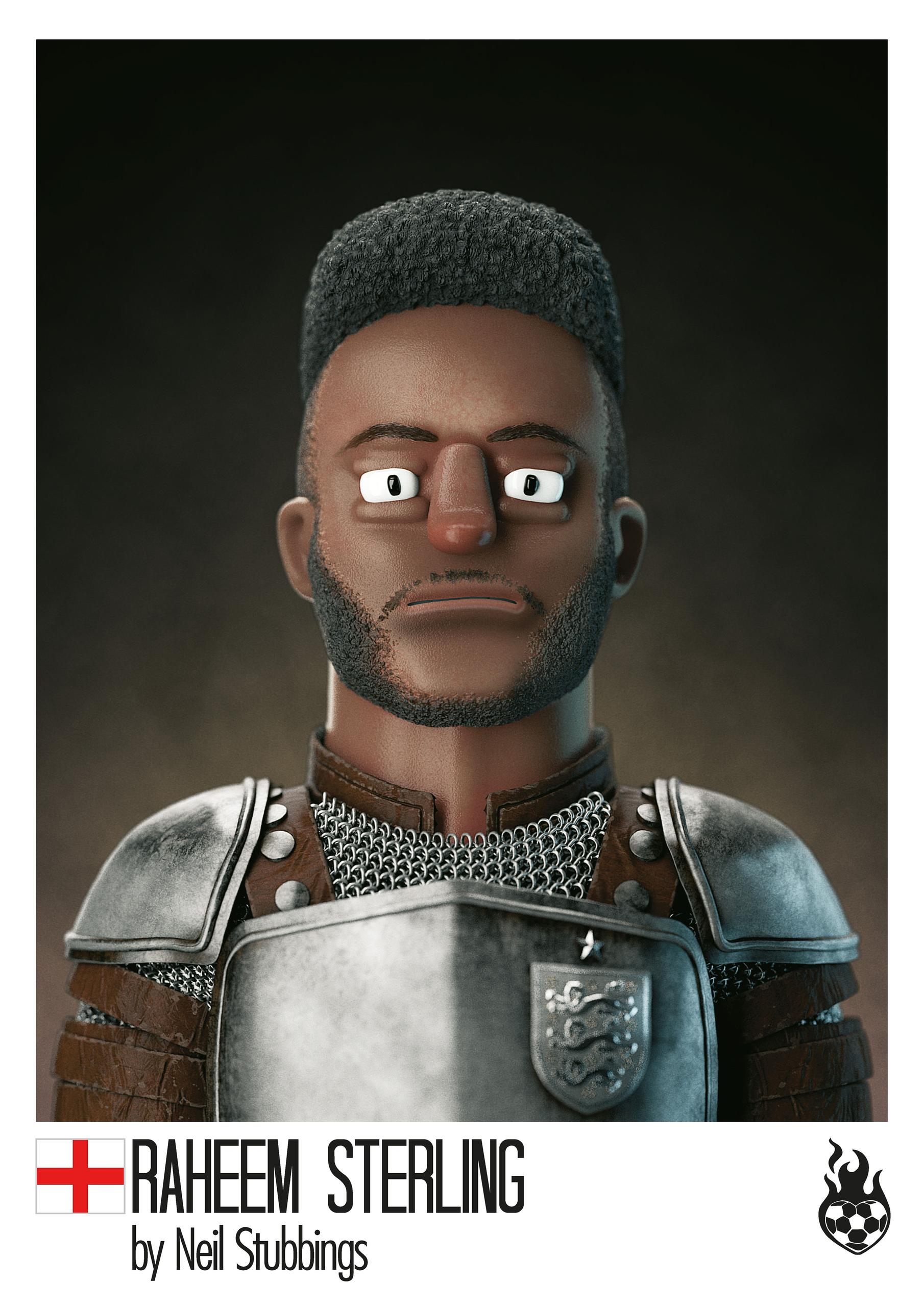
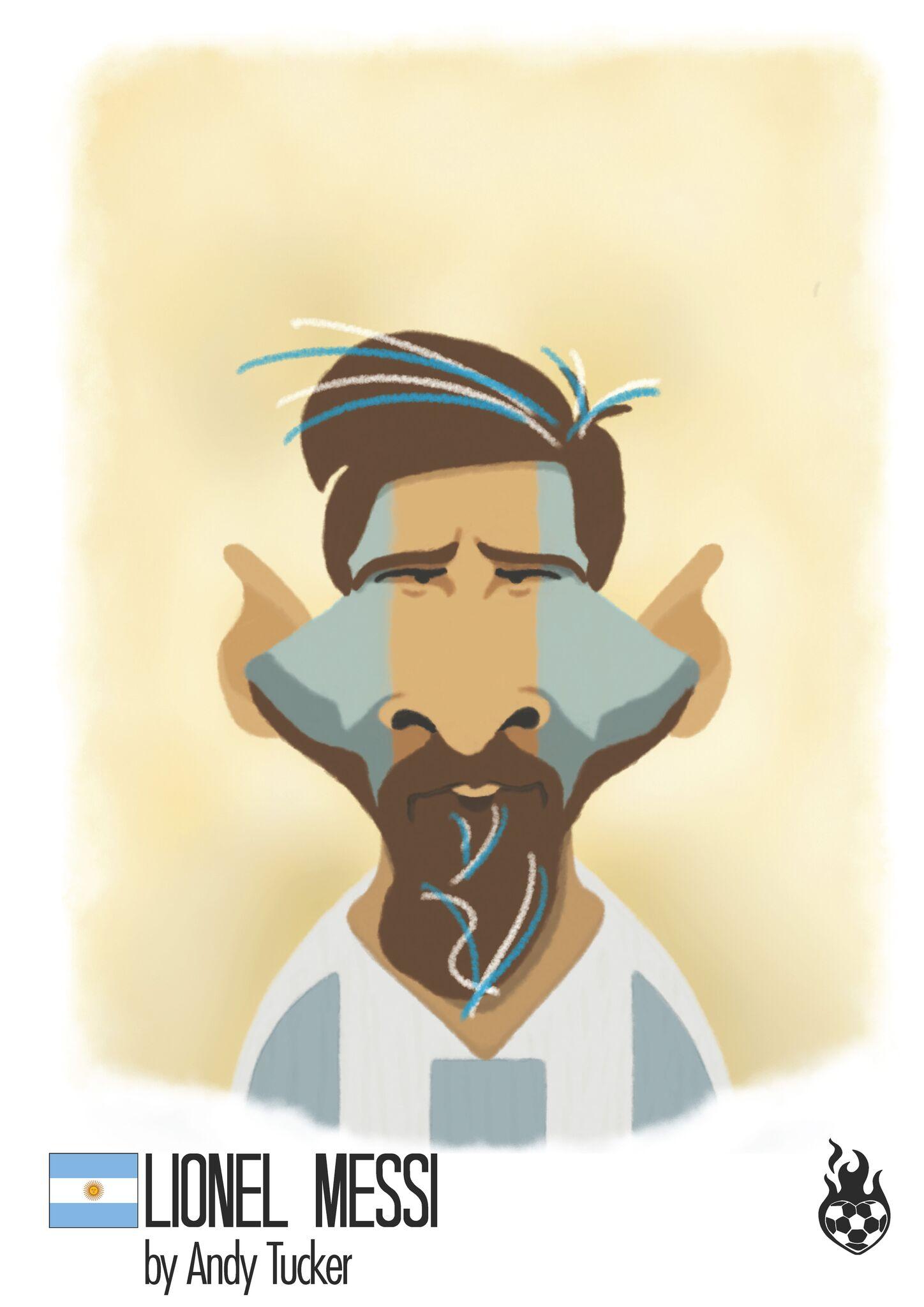
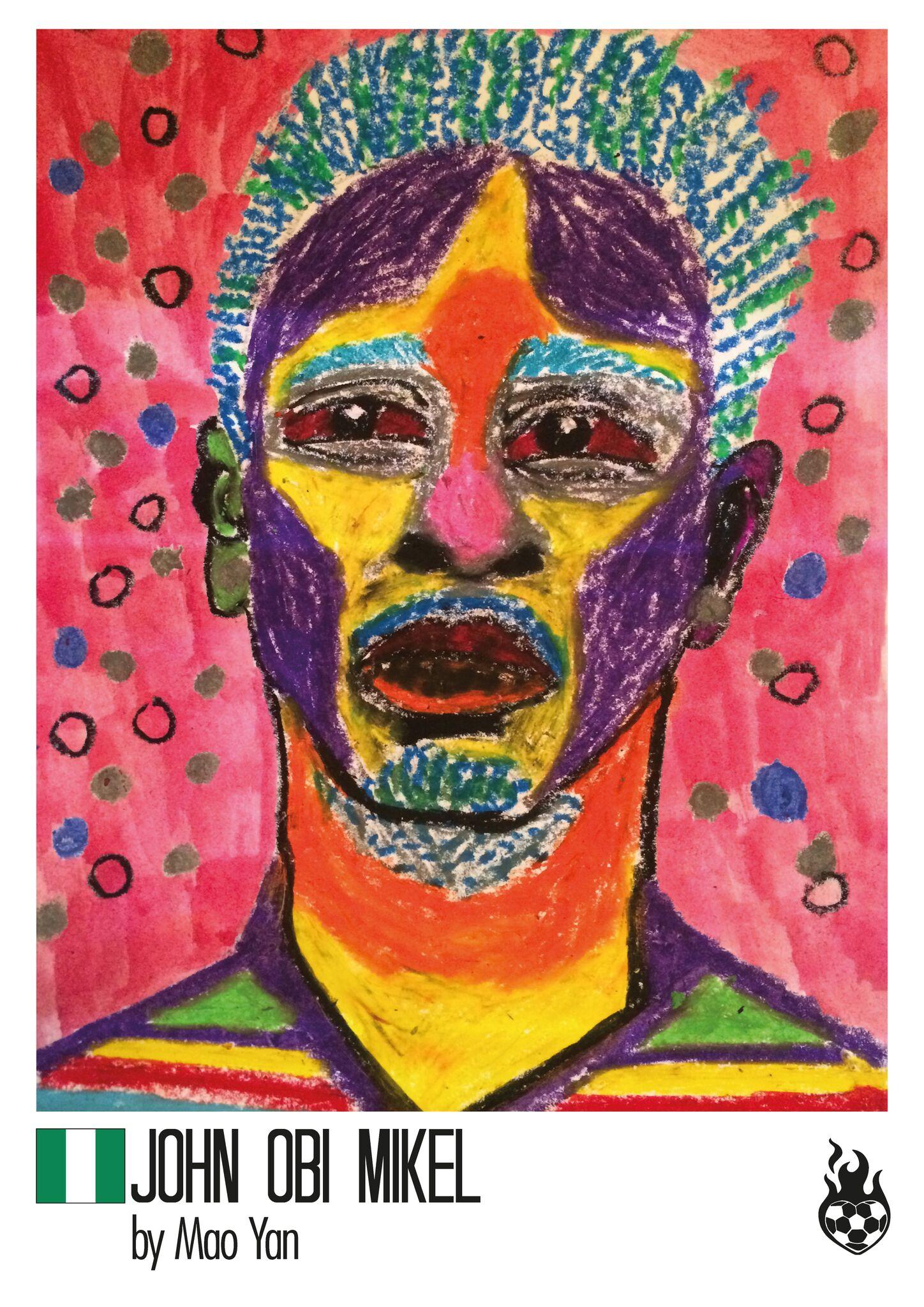
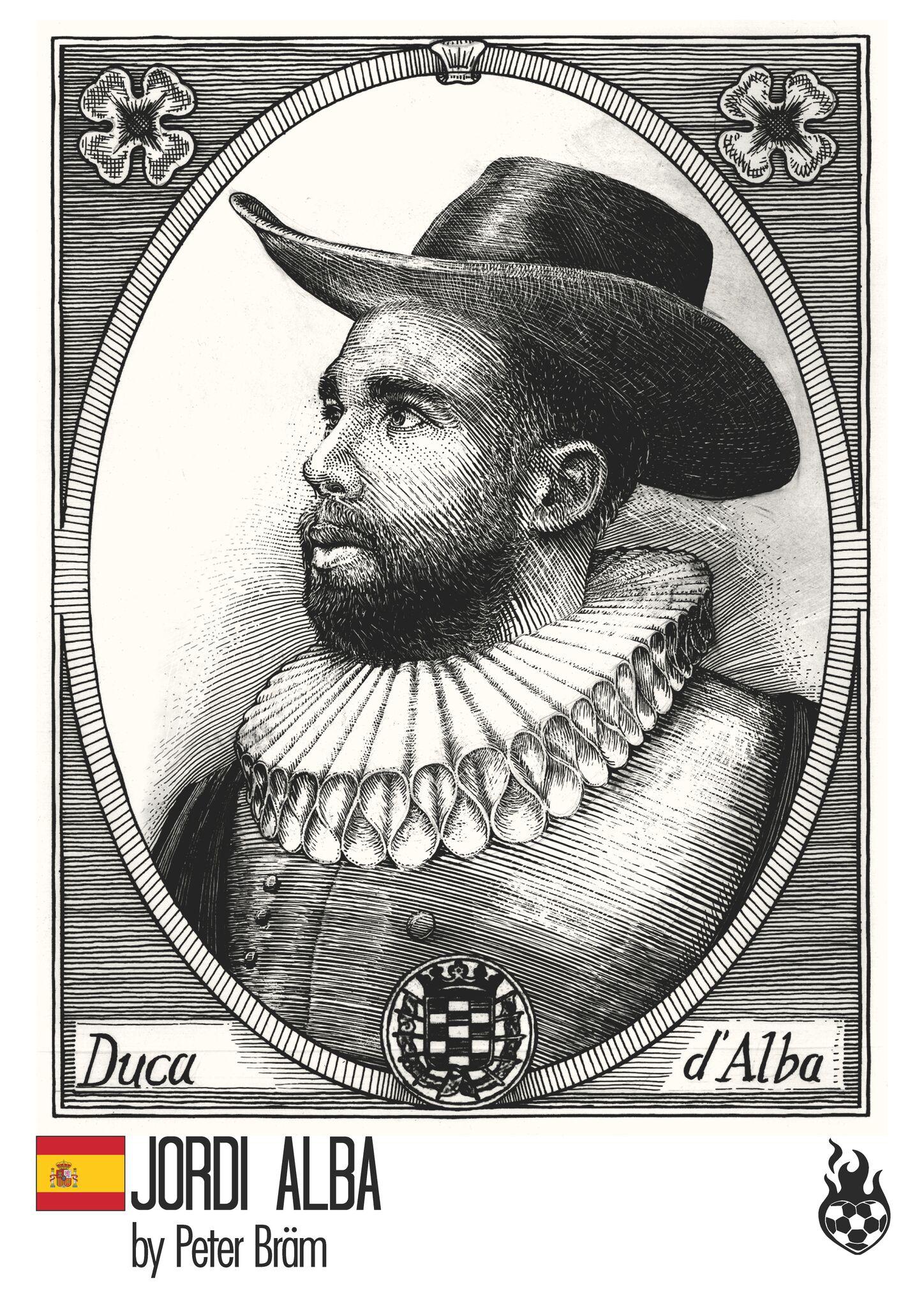
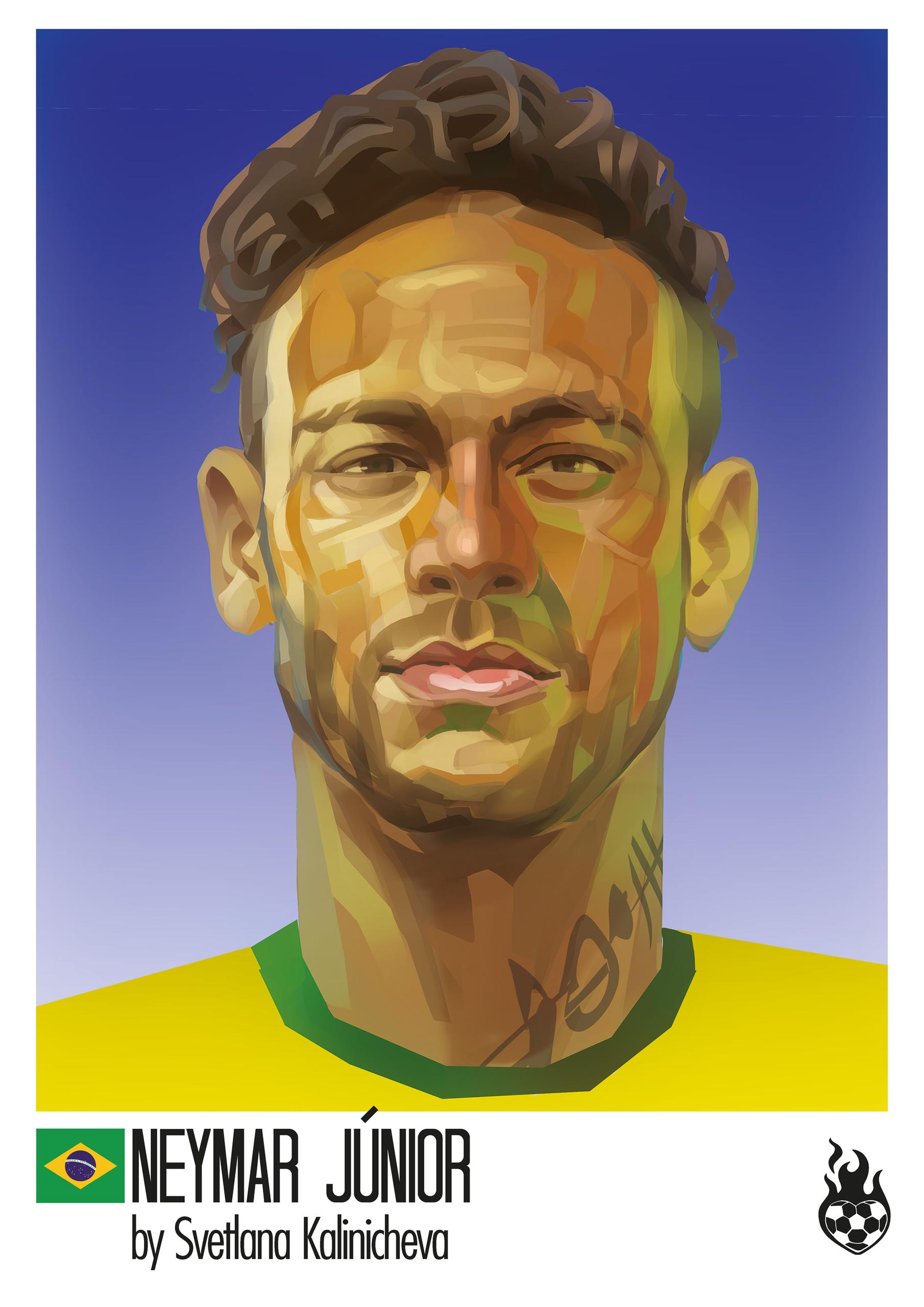
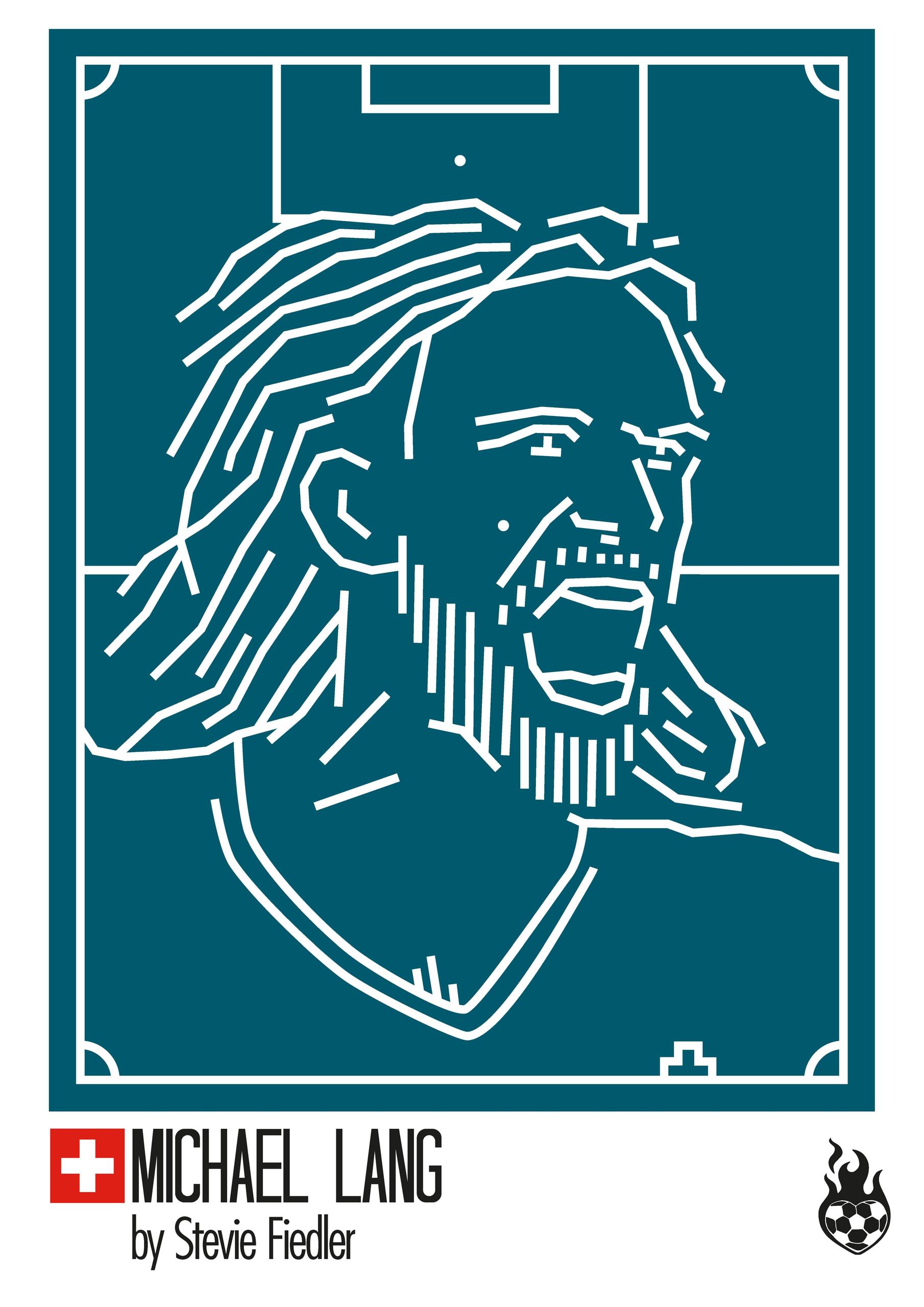
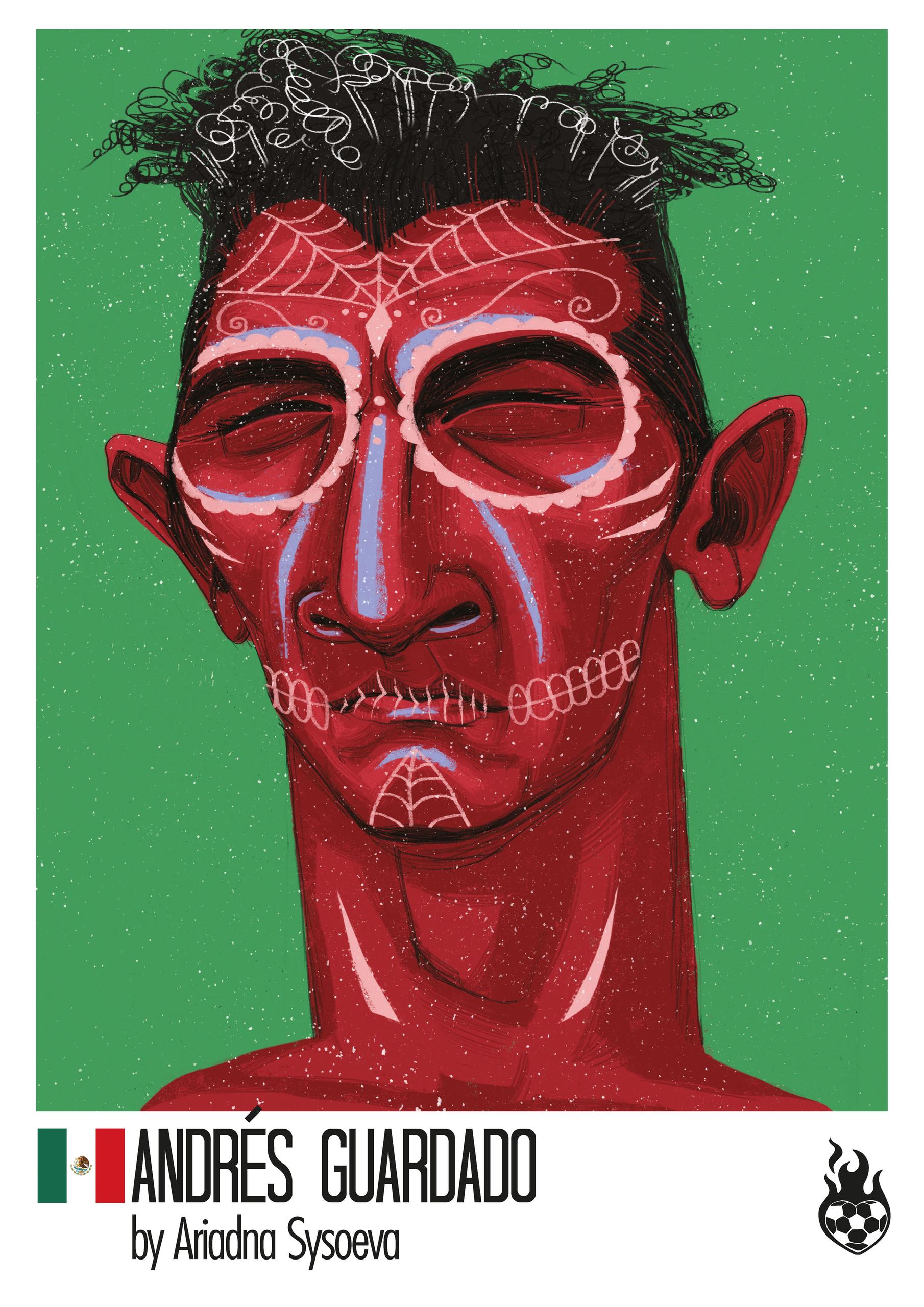
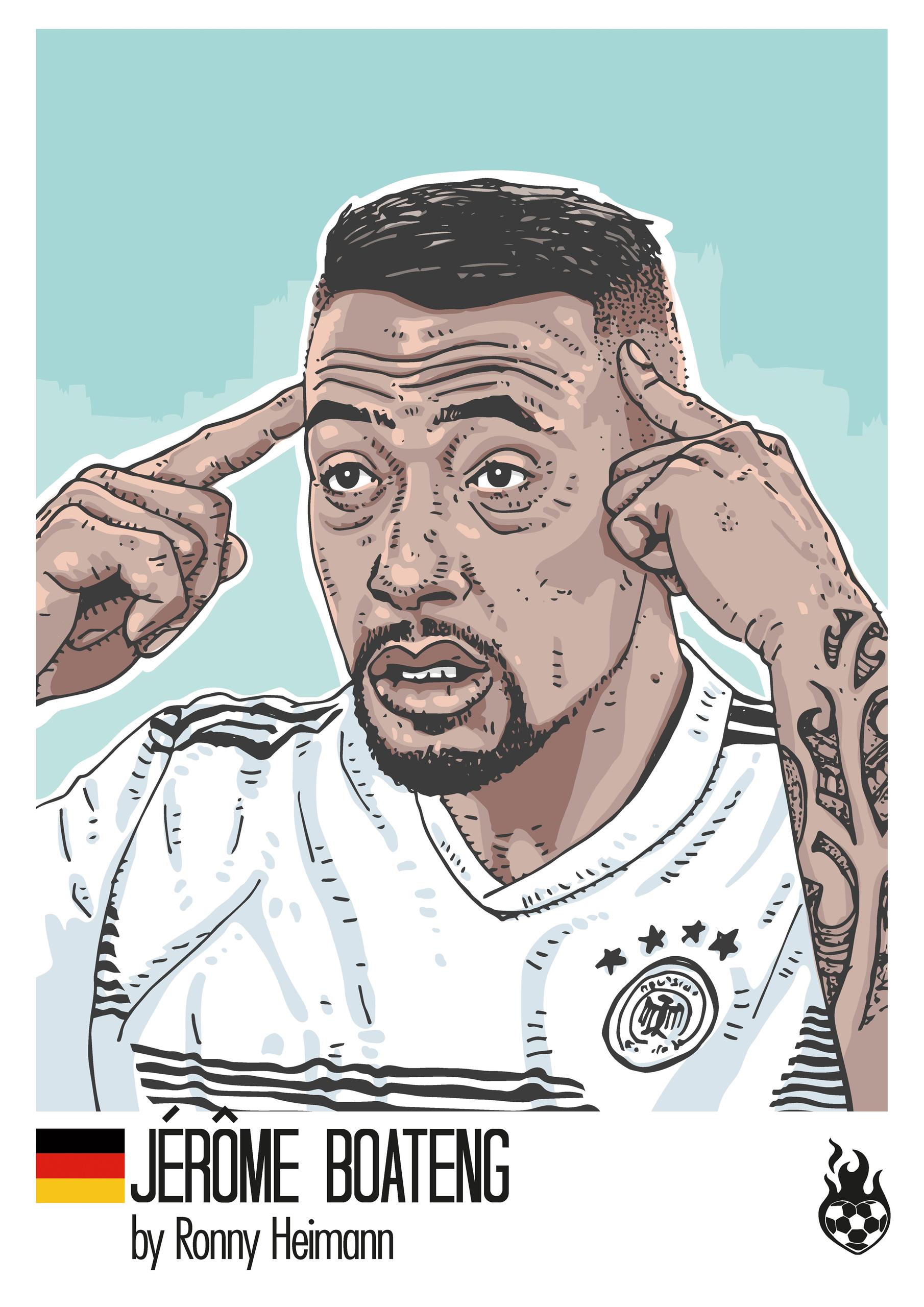
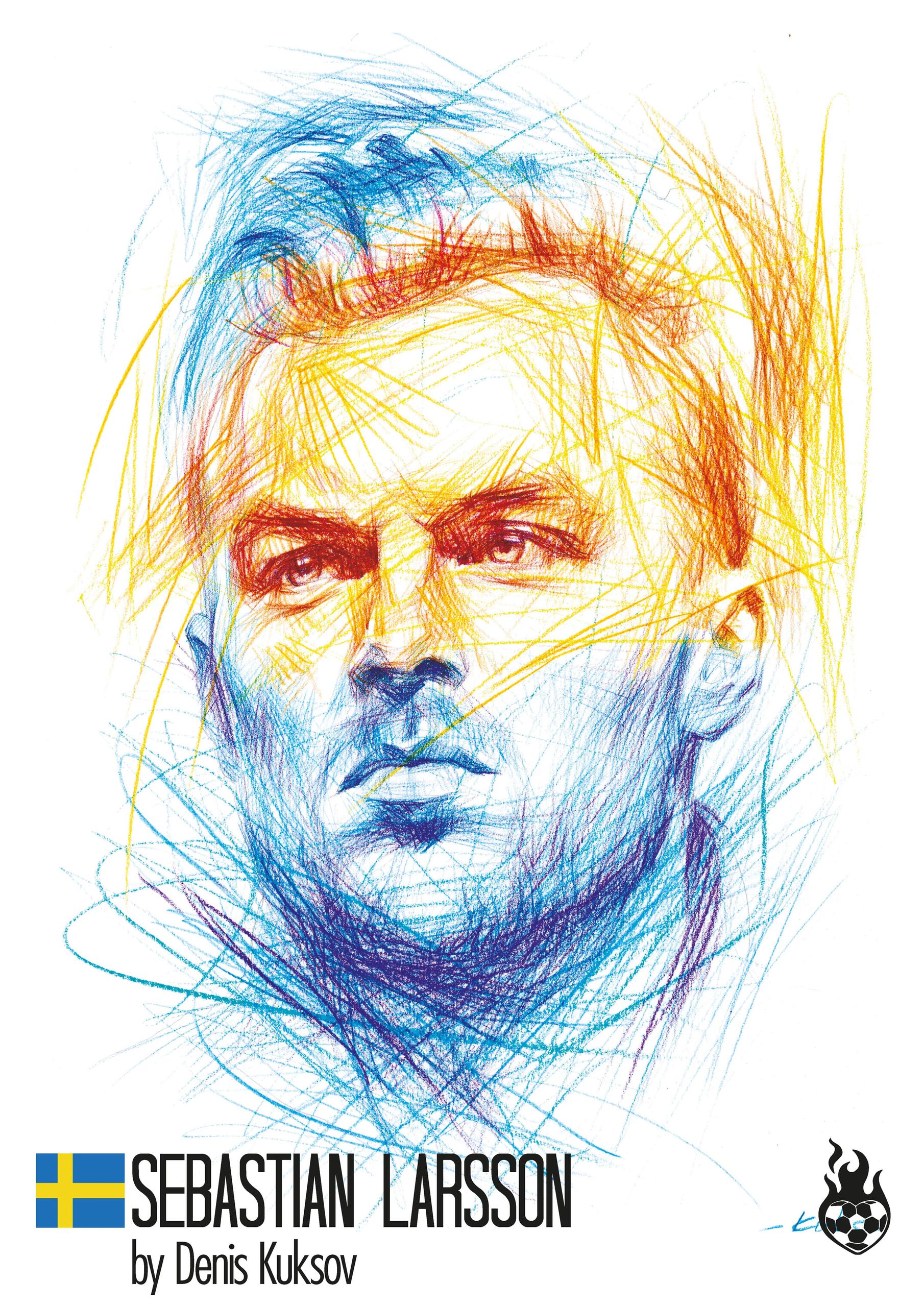
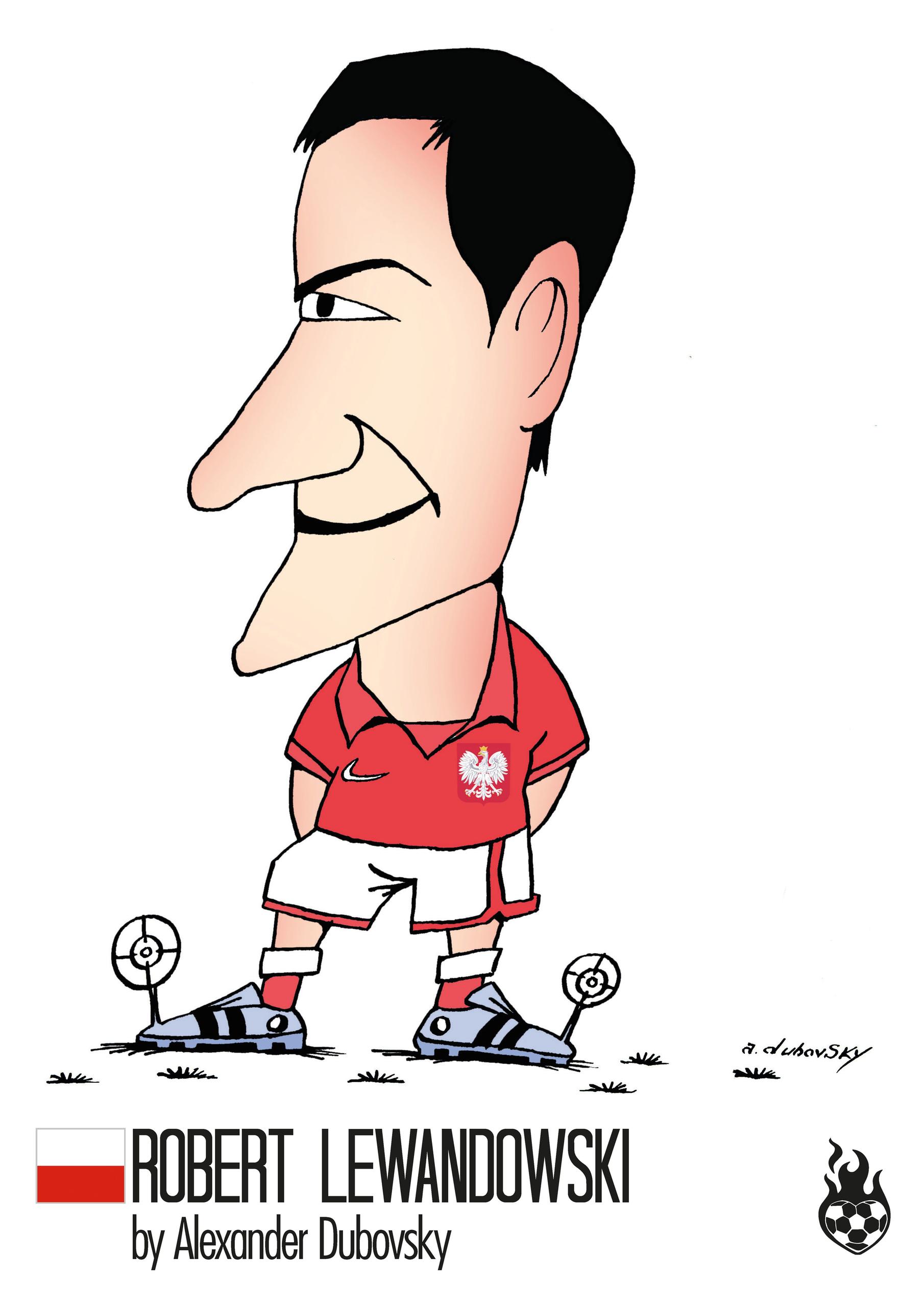
You can find an overview of ongoing debates with our journalists here. Please join us!
If you want to start a conversation about a topic raised in this article or want to report factual errors, email us at english@swissinfo.ch.